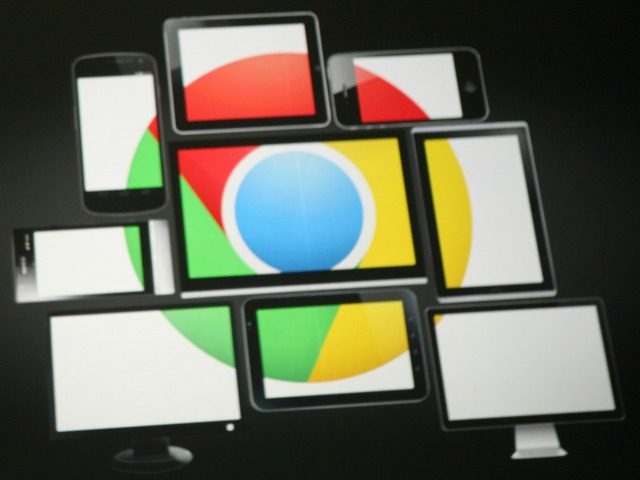Jonathan Taplin, the author of Move Fast and Break Things: How Facebook, Google, and Amazon Cornered Culture and Undermined Democracy, claims that tech companies have become too big and must be broken up if they cannot be stopped.
Bloomberg reports that Taplin’s latest analysis of the tech industry has lead him to the conclusion that tech companies have become too large. Taplin believes that Google’s monopoly of the internet is close to that of the Bell telephone system in 1956.
Taplin boasts a wealth of experience in the tech and finance industry, having run the Annenberg Innovation Lab at the University of Southern California, founded one of the first video-on-demand streaming services ten years before YouTube, and working as a Merrill Lynch investment banker in the 1980s.
Taplin may have a point with many figures backing up his hypothesis. Alphabet Inc.’s Google receives approximately 77 percent of all U.S. search advertising revenue, while Google and Facebook combined control approximately 56 percent of the mobile advertising market. Similarly, Amazon controls 70 percent of all online e-book sales and a massive 30 percent of all e-commerce in the U.S. When including Facebook owned apps such as Instagram, Whatsapp, and Messenger, Taplin estimates Facebook’s share of mobile social media traffic at about 75 percent.
Smaller tech companies often suffer at the hands of larger ones, as Taplin notes with Facebook’s relationship with Snapchat. After rejecting Facebook’s $3 billion offer in 2013, Facebook began to emulate Snapchat features, implementing them into their own app such as Messenger. Snapchat’s shares now trade at $15 below the original $17 initial offering price in March. “Facebook basically killed Snapchat,” Taplin says.
When it comes to solving this issue, Taplin suggested that authorities look to 1956 when the U.S. government forced Bell Labs to license their patents to all interested parties. This resulted in a massive amount of innovation at once, with inventions such as semiconductors, solar cells, lasers, cell phones, computer languages, and satellites all being developed by new companies like Fairchild Semiconductor International, Motorola, Intel, and Texas Instruments. Taplin believes that in order to solve the growing monopoly that tech companies are gaining over the internet, such actions may be the only solution.
Lucas Nolan is a reporter for Breitbart News covering issues of free speech and online censorship. Follow him on Twitter @LucasNolan_ or email him at lnolan@breitbart.com

COMMENTS
Please let us know if you're having issues with commenting.